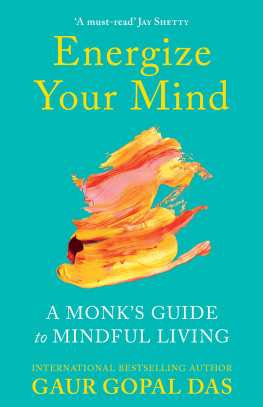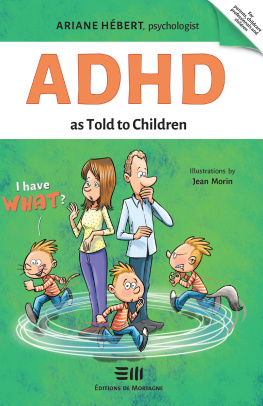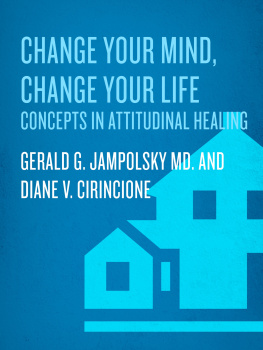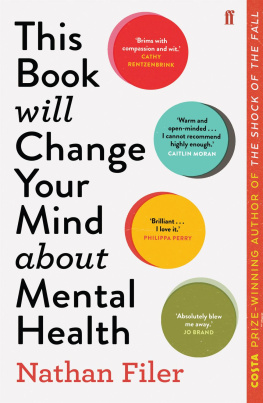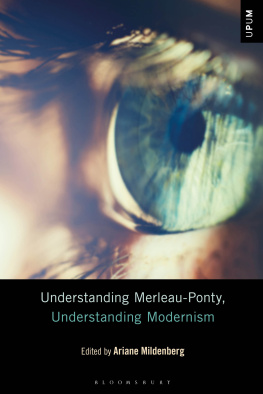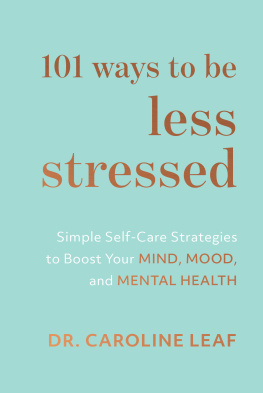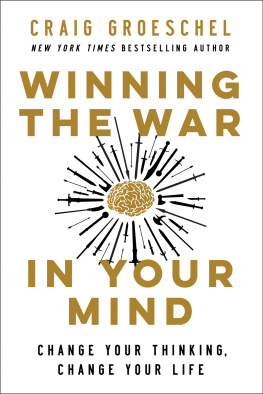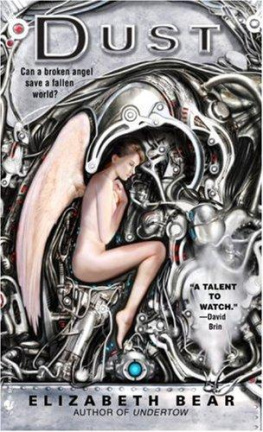Introduction
In the spring of 2020, I was one of the millions of students sent home from college. Suddenly, instead of getting to live in a dorm down the hall from my best friends, going to parties, being involved in incredible organizations, or taking classes with world-class professors, I was now paying tens of thousands of dollars to lie in my childhood bed and log onto Zoom.
Needless to say, the feeling of life isnt what its meant to be was palpable. Then, when I thought the world couldnt change more, that I was living through one of the thickest chapters in tomorrows history bookswell, things changed again.
In just the first six months of 2020, weve faced plenty of historical moments.
A pandemic, cause by a virus, brings the entire world to a screeching halt.
A video of a man kneeling on the neck of another man forces people to say enough is enough.
An election year reminds us of our constitutional right to take a look at our country and decide whether or not we want to make a change.
The changes happening in the world seem so intense, especially contrasted to the feeling of life in our personal realities. If I looked out the window, I saw the world becoming a new place, bending and molding under the weight of historical event after historical event. Yet, I sat in my room, like so many others, as my days blurred together. Every day felt like a repeat of the last, and my entire self-evolution felt like it had come to a complete stop.
So, while Ive seen people call this year the year of the virus, the year of the revolution, the year where everything went to shit, I have found myself, as the pretentious student that I am, calling it 2020: the year of the paradox.
And I think this very paradox is what made everything so impactful. Everything was so contradictory and made people pay attention.
When progressives, advocates, activists, students, parents, and teachers took the streets and called for action, the country listened more than ever before. People talked about the Black Lives Matter movement on news networks across the country. Corporations released statements. Curious citizens watched documentaries and read books and engaged in conversations around the topic of real equity.
And the moment was led by progressives; by so many of generation Zmy generation, the ambassadors of change, the guiding light for a new day coming.
We have a broken democracy. The division, the cycles of poverty, the dysfunctional political systems, the misinformation, the lack of trust in institutions, the systems that seem to be built for some and broken for the restwe have a broken democracy inside a broken country.
Almost half of eligible voters didnt vote in the 2016 election. Fifty-six percent of Black Americans do not have confidence in the police, and just by September of 2020, Black people have been 28 percent of the total killed by the police despite only being 13 percent of the population.
You start to think about one problem, and then another, and then another, and then another. The stats I just laid out are just the tip of the iceberg, brief anecdotal examples of the ways in which our systems fail the collective people.
Thats why I write this book: for anyone who considers themselves progressive, and for anyone who sees there are systemic issues in our country and wants to do something.
Ranging from the people who think they already do everything they can because they go to protests every weekend and study to work in a job that helps others, to the people who are overwhelmed and dont feel like theyll ever be able to do anything that truly makes a differencethis book is for you.
We are in a time of reckoning, a time where no one can accept that this is just the way the country is. And despite so many disagreements and polarization and hatred, most are united in feeling there is something wrong going on right now. Along with that realization comes a feeling of utter hopelessness.
But when you watch these massive movements and you get to the core of it, you can find hope. That hope is in the people who participate in these quests for change: people who are spreading awareness via social media, people who are running for local and federal positions, people who are community organizers, people who start their own organizations in their local communities.
Its true as you learn more you discover the hopelessness and the horror of how systematic and entrenched our issues are. But you also find hope in the resilience of those who do not accept the failures of our system.
Because even if systems are broken and things are messed up beyond belief, there will always be someone who is calling for action against these injustices. I believe, and I know Im not the only one, that we are on the precipice of something big: the creation of a new country. We just have to see that, ultimately, our real strength comes from the humanity of the moment and the core unifier of personhood in a movement.
There are so many people who dont know how to take part in this movement, and there are so many people who feel put off by the constant work that happens with no change coming through. I find hope in the collective movement of people who fight for change. But equally as important, I think there is power in the single human, and I know each individual can make an active revolutionary change by changing within.
I think there is something that we all can do and we all must do; it is easy to do, yet the most difficult to accomplish. We can change the way we think. We must change our minds.
I believe that in our fervid determination to change the world, we have forgotten about the work needed within ourselves. And I believe if we dont acknowledge this and actively work on it, we ultimately wont build the better world we claim to want. Thats where this books subject of mental frameworks comes in.
Your mental frameworks set up the way you perceive the world. Its the way your mind processes things. Everyones mental frameworks are different due to different contexts and cultures and backgrounds, all things that affect and personalize each persons mind and view of life. Too often we think of the way that we view the world as just simple facts, when in reality it is solely your personal truth, a truth that has been built and continues to be molded by your background and life experiences.
A mental framework is malleable, and that is powerful. The very notion of this fact gives truth to the idea that each individual has the power to change.

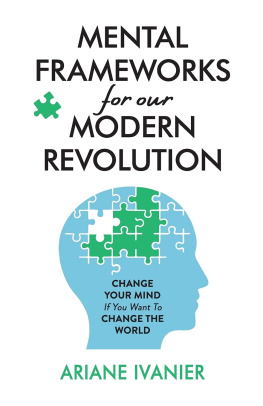
![Dzhon Hargrejv - Mind Hacking [How to Change Your Mind for Good in 21 Days]](/uploads/posts/book/875008/thumbs/dzhon-hargrejv-mind-hacking-how-to-change-your.jpg)

